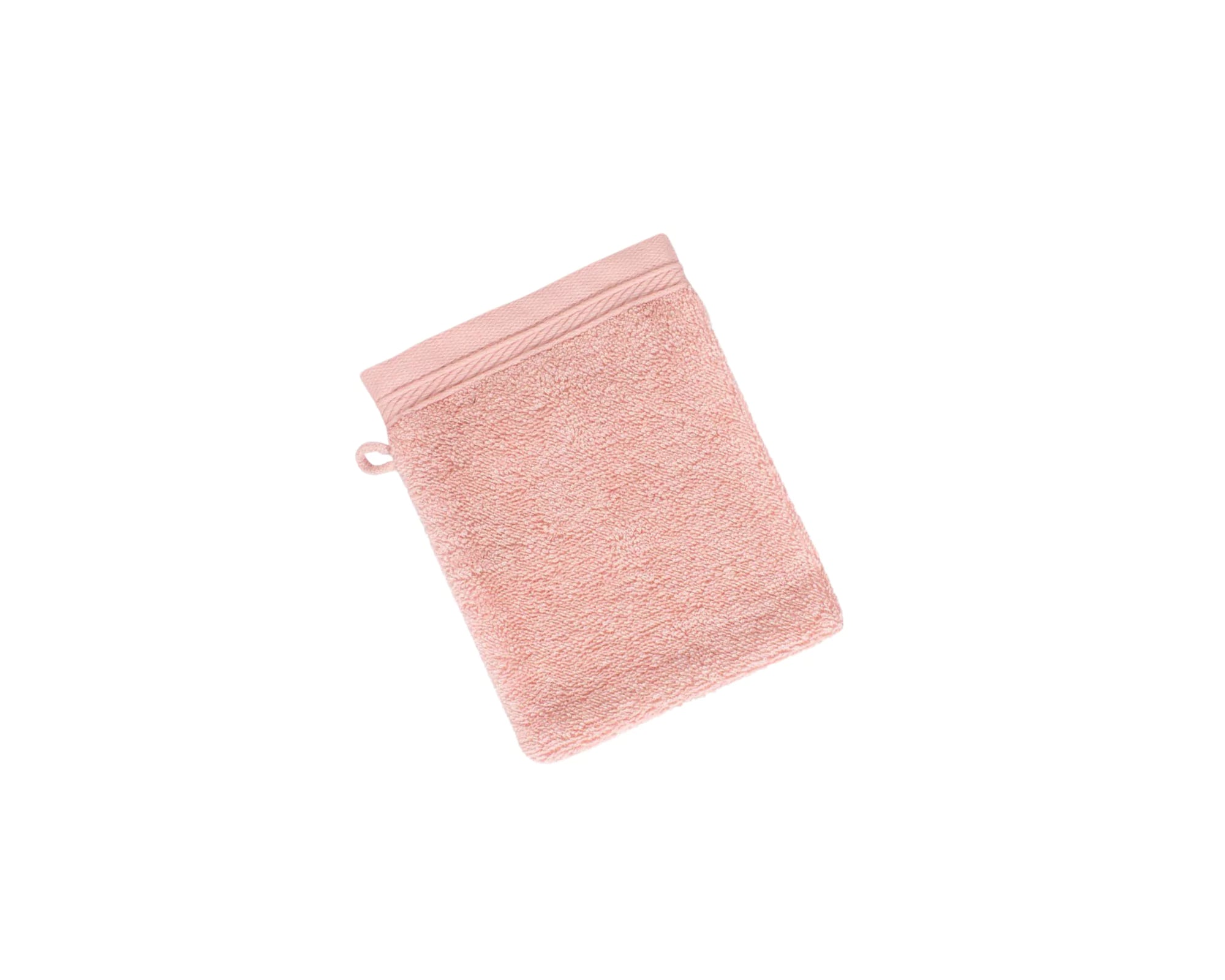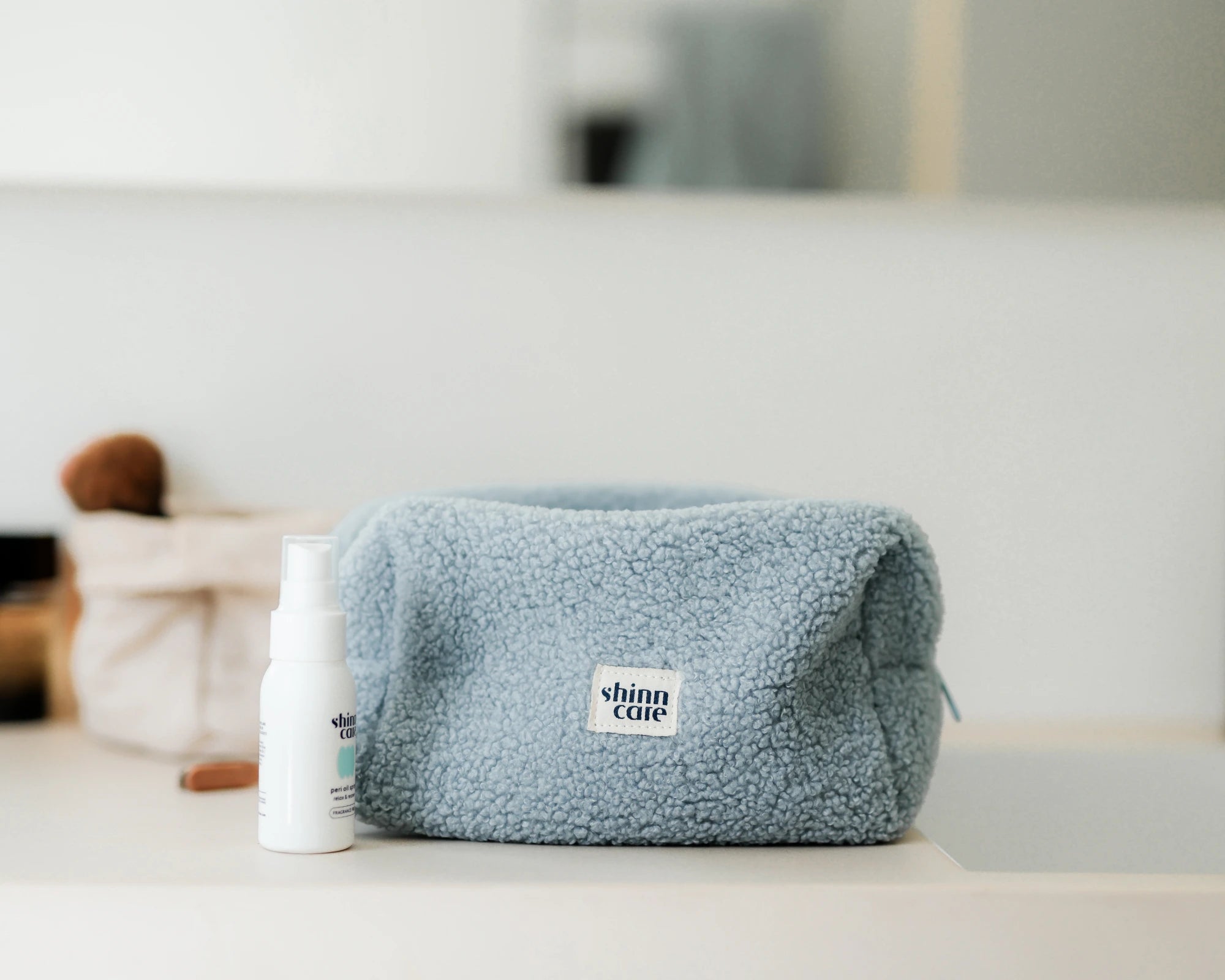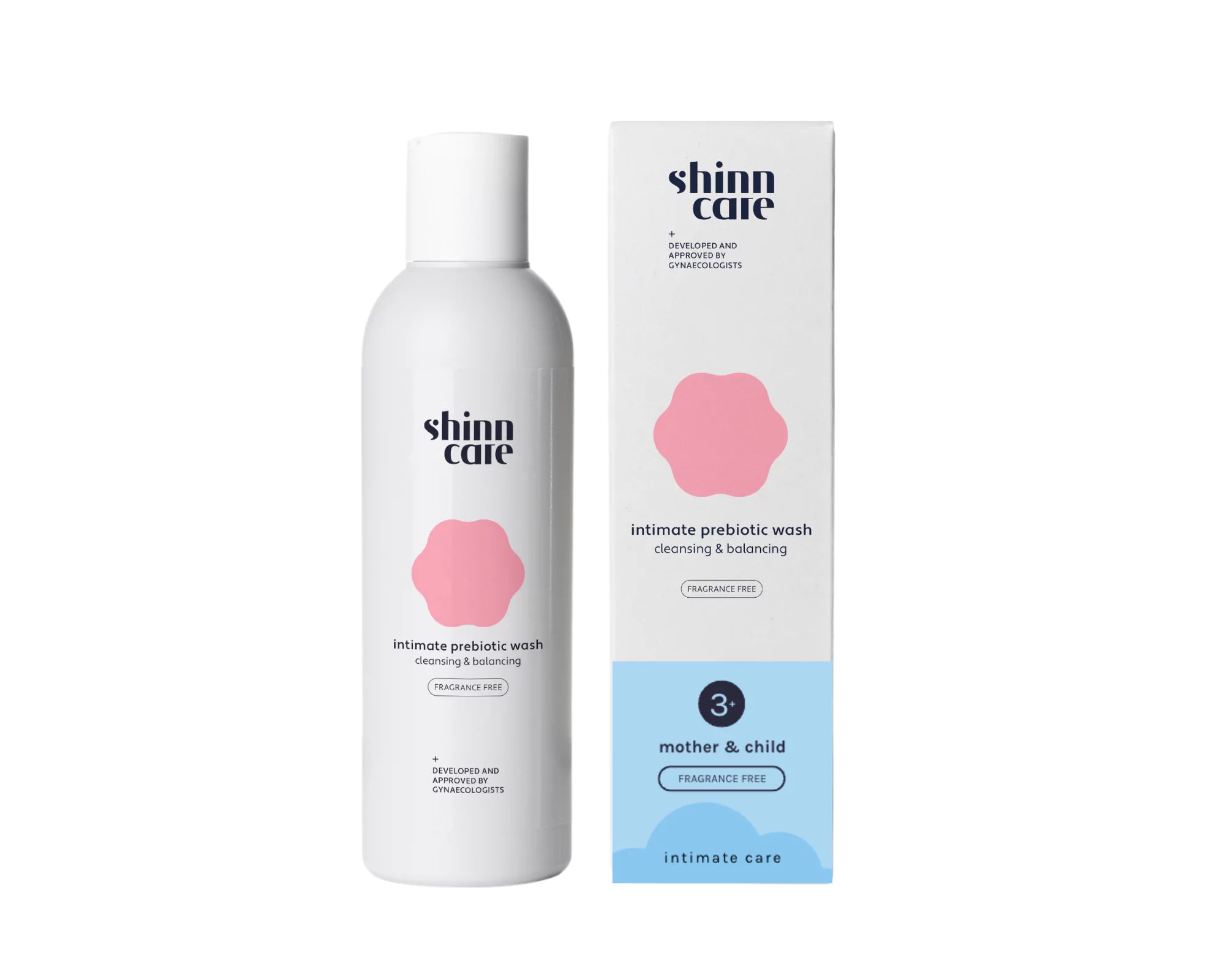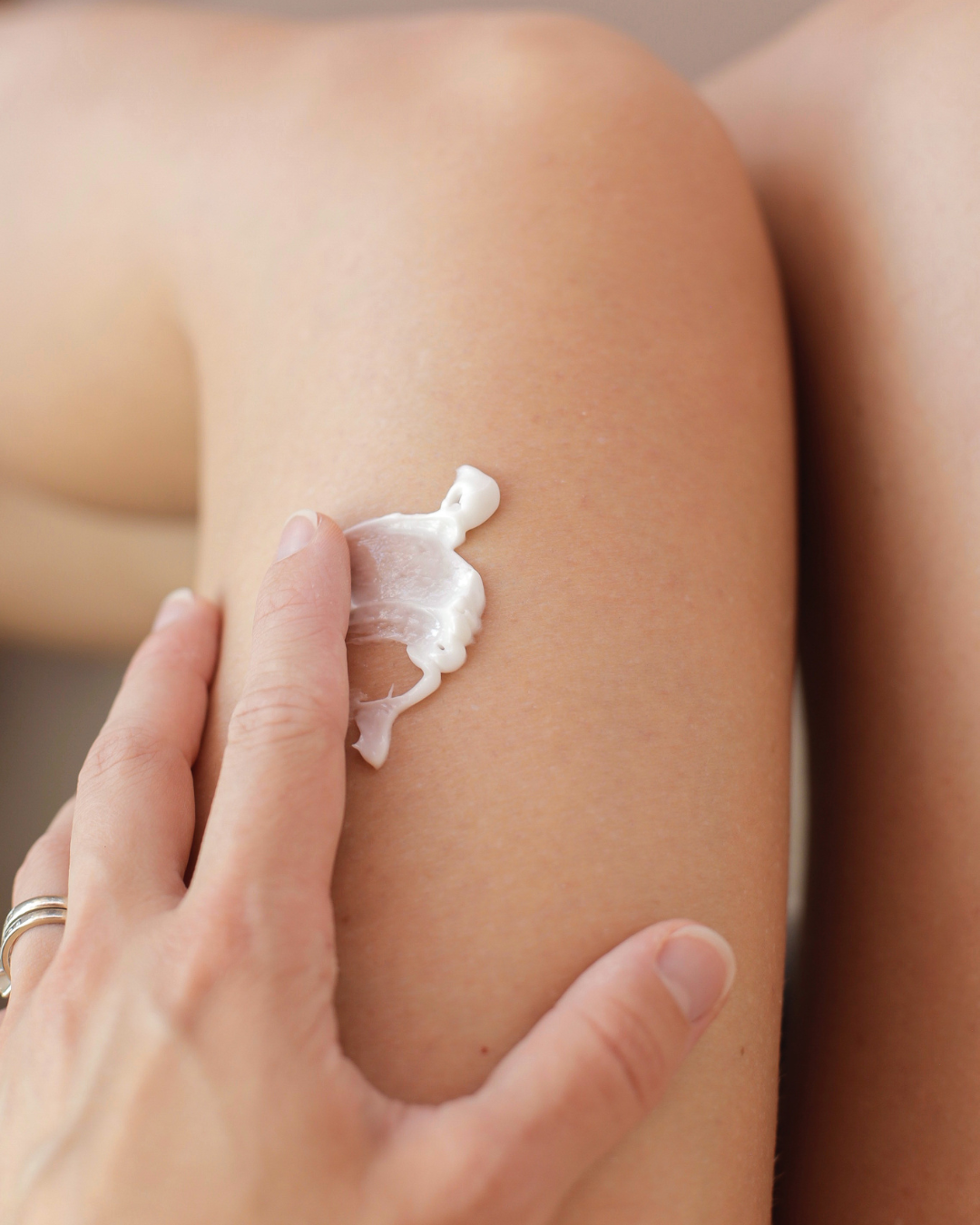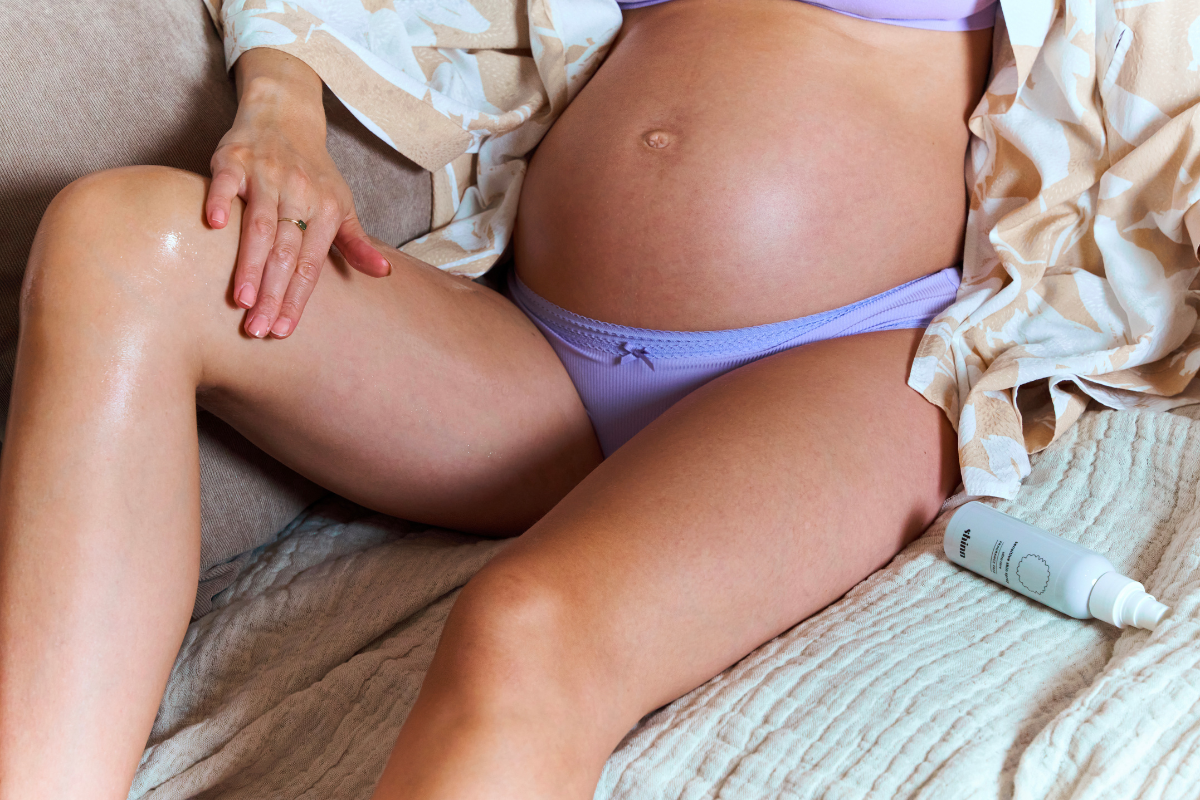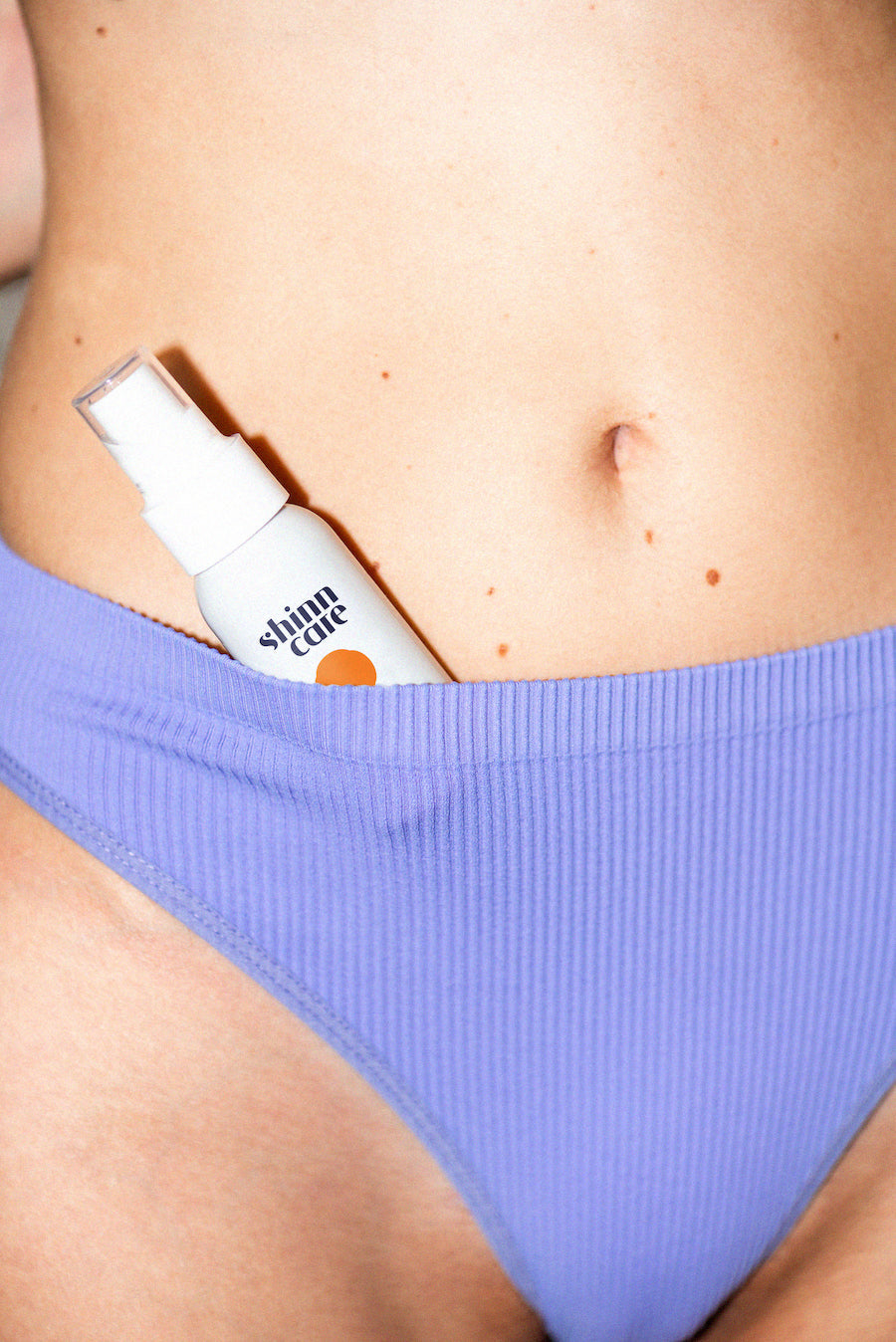Infections, inflammation and bacterial vaginosis are not the same and have different causes. What they do have in common is that they can occur at any stage of life. Hormonal fluctuations during menopause or pregnancy make women more susceptible. By understanding the difference and recognizing the causes, you can better prepare for these particular stages of life and avoid unwanted surprises.
In this blog you will read all about the causes of infections, inflammation and bacterial vaginosis, why they often occur during menopause and pregnancy, as well as practical tips to prevent or treat them with Shinncare products.
• Difference infection, inflammation and bacterial vaginosis
• Infections, inflammation and bacterial vaginosis during menopause
• Infections, inflammation and bacterial vaginosis during pregnancy
• Preventive tips for infections, inflammation and bacterial vaginosis during menopause and pregnancy
What is the difference between infection, inflammation and bacterial vaginosis?
• What is an infection?
An infection occurs when pathogens such as bacteria, viruses, fungi or parasites enter the body and multiply. The immune system recognizes these invaders as harmful and deploys a defense mechanism to fight the infection.
• What is inflammation
Inflammation is a natural response of the immune system to damage, irritation or infection. Inflammation can therefore occur in response to an infection, but can also be caused by other factors such as injuries, autoimmune diseases or allergic reactions. The purpose of inflammation is to heal the damaged tissue and eliminate the harmful substances.
• What is bacterial vaginosis?
Bacterial vaginosis results from a disruption of the normal bacterial balance in the vagina, also called the microflora of bacteria in the vagina.
Are you more likely to have infections, inflammations and bacterial vaginosis during menopause?
Infections, inflammation and bacterial vaginosis can occur at any stage of life and have different causes. During (peri)menopause, when hormonal and intimate changes occur, the likelihood of these discomforts increases.
• Infections and bacterial vaginosis during menopause
Estrogen plays a crucial role in supporting vaginal health. It keeps the vaginal wall thick, moist and elastic.

With a decrease in estrogen during menopause, the vaginal wall becomes thinner and drier, a condition known as vaginal atrophy. This makes the vagina more vulnerable to pathogens and infections.
• Altered vaginal pH
A healthy vagina has an acidic environment with a low pH, which helps to ward off harmful bacteria. During menopause, pH levels rise (less acidic, more alkaline). This creates an environment in which harmful bacteria, such as those associated with bacterial vaginosis, can grow more easily.
• Inflammation during menopause
• Inflammations of the vagina and vulva
As estrogen decreases, the vaginal wall becomes thinner, drier and less elastic, making the vagina more vulnerable to irritation and inflammation. This condition is also known as vaginal atrophy or genitourinary menopause syndrome (GSM).
Like the vaginal wall, the tissues around the urethra (urethra) and bladder wall become thinner and drier as a result of declining estrogen levels. This can lead to increased vulnerability to inflammation.
Want to learn more about the different stages of menopause so you can enter this special stage of life optimally prepared? Find out all about it here.
Wondering what other intimate symptoms discomforts you can expect during menopause? Read all about it in this blog post.
Are you more likely to have infections, inflammation and bacterial vaginosis during pregnancy?
During pregnancy, women have an increased risk of intimate infections, such as fungal infections, bacterial vaginosis, and urinary tract infections. This is due to hormonal and physical changes in the body.

In addition to infections, pregnant women may also experience more intimate inflammation, often caused by changes in discharge and increased sensitivity.
• Infections and bacterial vaginosis during pregnancy
• Hormonal changes
During pregnancy, hormones such as estrogen and progesterone rise, affecting the vaginal flora. This can lead to an imbalance and an increased risk of infections.
• Reduced immunity
The immune system adapts to prevent the body from rejecting the fetus. While this is essential for a healthy pregnancy, it makes the mother more susceptible to infections.
• pH change
During pregnancy, the vaginal environment often becomes more acidic. While this helps fight harmful bacteria, it can also create a favorable environment for certain fungi and other microorganisms. This imbalance can lead to infections.
• Inflammation during pregnancy
• Increased vaginal discharge
A natural increase in vaginal discharge can create a moist environment, which can cause irritation and inflammation.
Want to know more about vaginal discharge and intimate irritation during pregnancy? Then be sure to check out this blog post.
Preventive tips for infections and inflammation during menopause and pregnancy.
1. Good hygiene
Wash the intimate area daily with lukewarm water to maintain natural balance. Use a mild cleanser such as Shinncare's Intimate Prebiotic Wash, specially designed to support the delicate intimate microbiome.
The Intimate Prebiotic Wash provides:
• Gentle care with an anti-inflammatory and moisturizing effect.
• Support for hormonal changes, such as during menopause or pregnancy.
• Prevention of infections and inflammation, ideal for conditions such as vaginal atrophy.
With daily use, this product helps reduce intimate skin irritations and maintain a healthy balance, so you can prevent intimate discomfort.
Get more tips on proper intimate area cleansing here.
2. Breathable underwear and proper clothing
Wear breathable, cotton underwear and try to avoid wearing tight clothing.
3. Use soothing products
Soothe and protect your skin with Shinncare's Intimate Oil Spray Comfort, specially designed to moisturize and nourish the intimate area. This natural oil provides effective relief from various discomforts.
The Intimate Oil Spray Comfort:
• Reduces irritations such as redness, sensitivity, itching and dryness.
• Soothes dryness and sensitivity caused by hormonal changes during menopause, pregnancy, breastfeeding.
• Hydrates and nourishes the skin to reduce discomfort and support the skin barrier.
Regular use of this oil helps to keep intimate skin healthy, moisturized and comfortable, regardless of your stage of life.
4. Consult a health care provider
If symptoms such as itching, burning or unusual discharge occur, it is important to consult a doctor. Some medications are not suitable for use during pregnancy, and safe treatment is essential. Shinncare's products are dermatologically and gynecologically researched and developed and consist of only natural ingredients. Shinncare's products are safe for intimate use and developed to respect your microflora.
Want to learn more about intimate health or try our products? Check out Shinncare's products here and discover the best care for every stage of life.

